‘Liberation struggle gains irreversible’
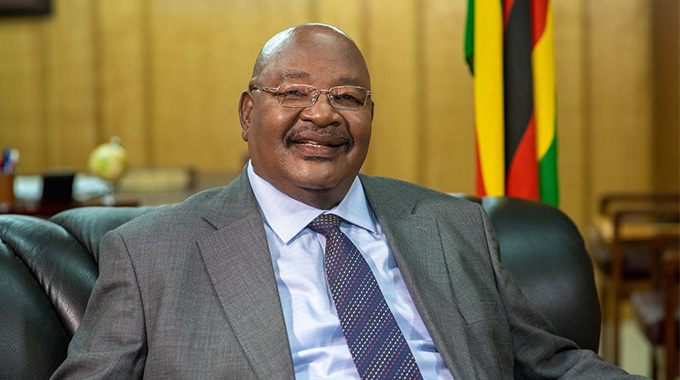
Nqobile Tshili, [email protected]
THE positive gains of the liberation struggle will not be reversed despite continued attacks on the country by external forces through sanctions, Zanu-PF secretary general, Dr Obert Mpofu, has said.
Instead, Zimbabwe under the Second Republic is consolidating and scaling up development programmes with a focus on bringing about inclusive development and transforming ordinary people’s livelihoods, he added.
As the country gears to celebrate the 44th independence anniversary on Thursday this week, Dr Mpofu says the attainment of majority rule has opened up numerous opportunities for indigenous people as well as addressing social inequalities.
The country will celebrate this year’s Independence Day under the theme: “Zim@44:Unity Peace and Development Towards Vision 2030.” The main event will be held in Murambinda, Manicaland Province, where some of the fierce liberation battles took place.
President Mnangagwa will preside over the national event proceedings.
In an interview, Dr Mpofu said Zimbabwe under Zanu-PF remains firmly grounded on protecting the interest of the country and that the successful implementation of the Land Reform Programme was a turning point in the country’s history as it ensured that more indigenous people had access to land, previously in the hands of the minority white.
“It is this programme that invited sanctions from the West and yet it remains one of the major milestones of self-rule,” he added.
“As the country commemorates 44 years of Independence, we will be celebrating some of the things that have been achieved. One of the major gains is the Land Reform Programme, which was one of the issues that led the country to go to war.
“When we attained independence we were bonded under the 1979 Lancaster House Constitution, which stated that we could not redistribute the land until the country had reached 20 years of independence,” said Dr Mpofu.
“But when it became clear that the whites did not want to participate in the land distribution, late President Mugabe’s Government and the war veterans embarked on the land distribution programme and in line with the Lancaster House negotiations, the British should have financed the land distribution.
“But,the British refused to pay for the repossessed land. Instead, they imposed sanctions on Zimbabwe with the hope of instigating regime change in the country.”
The former Cabinet Minister said the sanctions agenda was meant to ensure that citizens revolt against the Government,but citizens stood resolute against the West, which wanted to instigate regime change.
Dr Mpofu said as opposed to being cowed by the illegal sanctions and other external pressures, the Government has looked inward to develop the nation and the gains of the struggle will not be reversed.
“Our people are in charge of their destiny and we have seen massive development projects being implemented even under illegal sanctions pressure.
Right now, President Mnangagwa’s Government has embarked on infrastructural development projects including the rehabilitation of roads to make them trafficable for the public.
“We have the Beitbridge, Harare, Chirundu Highway that is under reconstruction. Maintenance works are also being made on the Beitbridge-Bulawayo-Victoria Falls Road as road infrastructure is important in the development of the country.
Projects such as Lake Gwayi Shangani are being developed as part of the country’s development agenda,” said Dr Mpofu.
He said Zimbabwe is attracting a lot of investment in the mining sector which is expected to transform the country’s development trajectory. Dr Mpofu said the Manhize steel-making plant near Mvuma will see Zimbabwe becoming one of the biggest steel producers in the continent.
He said under the Second Republic, the country’s development is spreading across the regions and minority groups are being uplifted in the process. Communities in Matabeleland had for years decried marginalisation and failure to address the emotive Gukurahundi issue, but President Mnangagwa, through the engagement of traditional leaders is aiming at solving the matter.
“The country also experienced the Gukurahundi conflict and for years it was taboo to openly discuss the matter. But under the Second Republic, the President has said Zimbabweans should openly discuss this while coming up with solutions to it,” said Dr Mpofu.
“We are happy that chiefs are leading the process to address the problem. The process is led by chiefs showing the importance of locals coming with local solutions to problems as opposed to having externals coming to dictate how we should resolve our challenges,” said Dr Mpofu.
President Mnangagwa is expected to soon launch the Gukurahundi community outreach programme. Communities such as the San in Tsholotsho are being mainstreamed in the development agenda of the country while the Cabinet has directed that an affirmative employment position be taken to mainstream the San in the country’s security services and several have been employed in institutions such as the Zimbabwe Prisons and Correctional Services.
“We now have schools and clinics among other social amenities for the San community. This is part of the inclusive development that the country’s independence has brought,” said Dr Mpofu.
“What is now needed is that we have all shoulders on the wheel and all hands on the deck in the development of the country. Just as the President has said ilizwe lakhiwa ngabanikazi balo/Nyika inovakwa nevene vayo, we should all be active players in its development.”
He called for political maturity, especially from the opposition, whom he labelled as imposters of the West who always do not want to accept electoral outcomes.
“They never accept defeat yet Zimbabweans are very clear on what they want. What we have observed is that they are not fighting for the development of the country but are there just to advance the interest of the West,” said Dr Mpofu. – @nqotshili

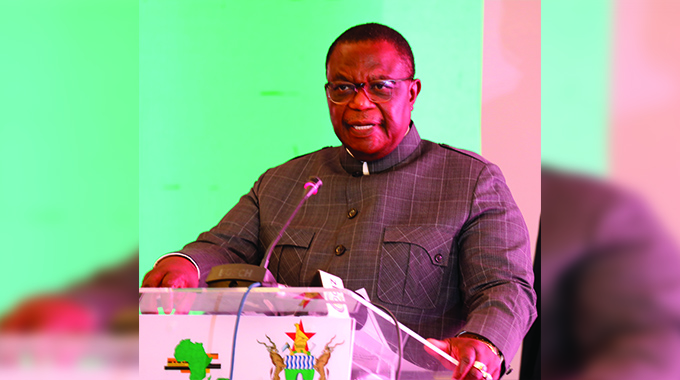
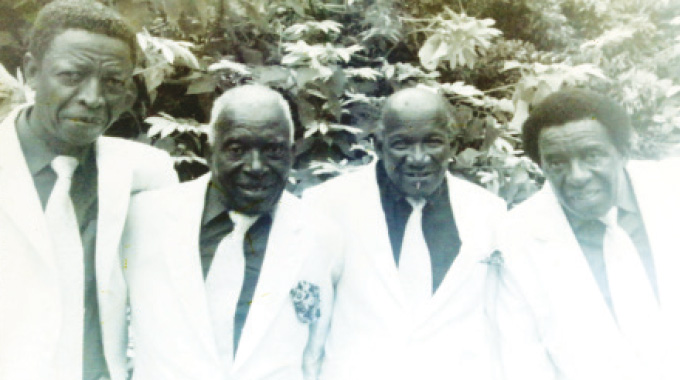
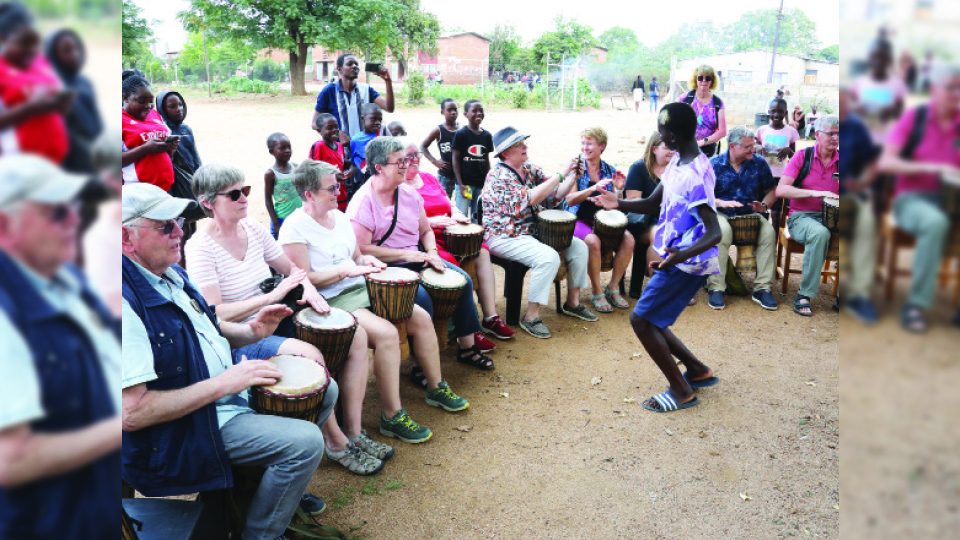
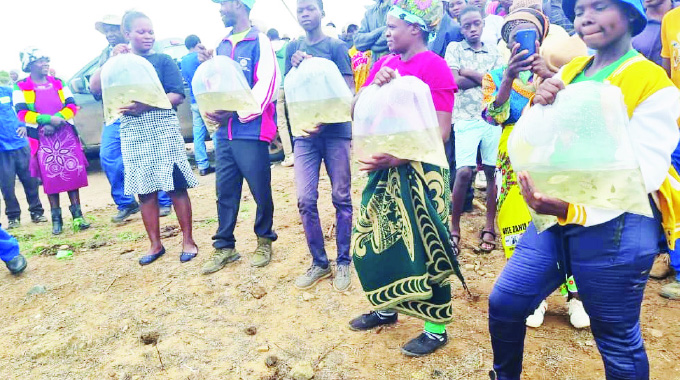
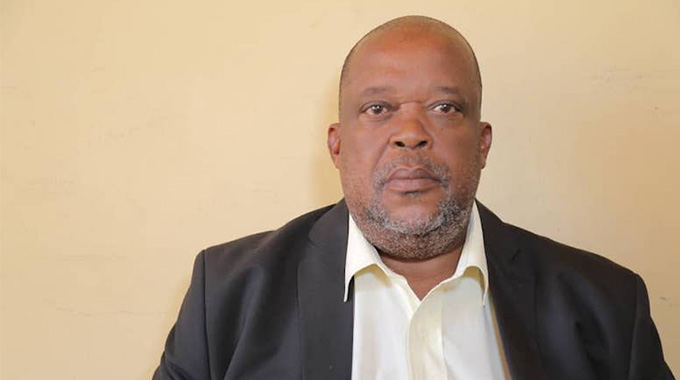


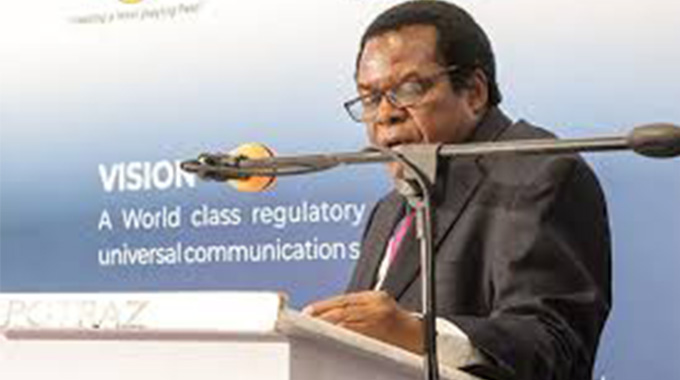



Comments